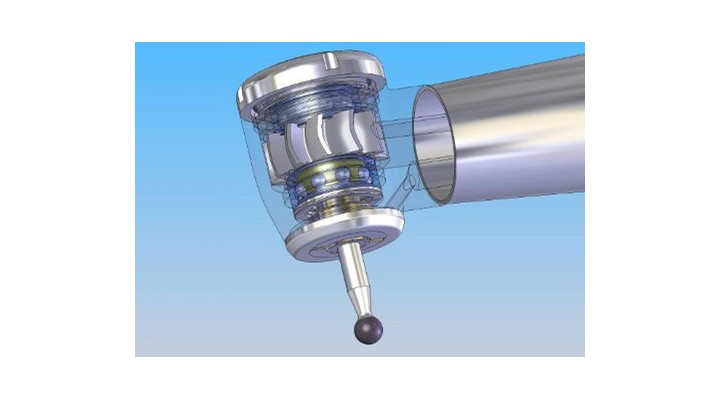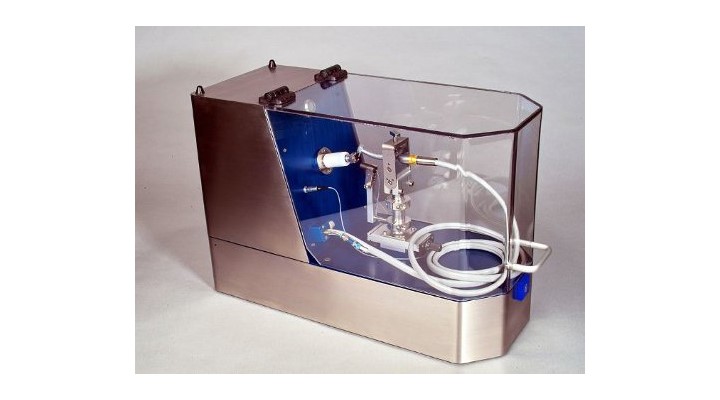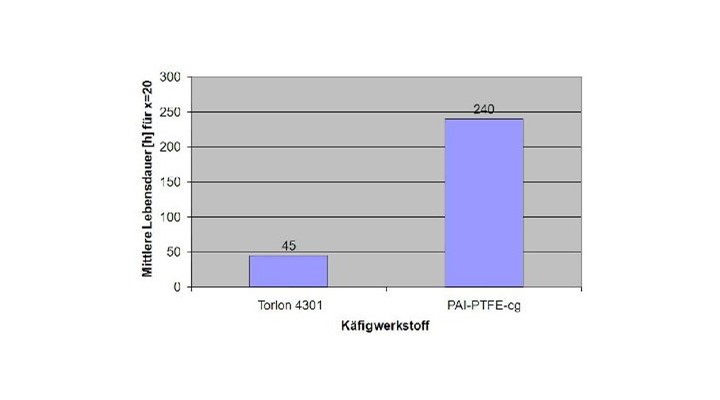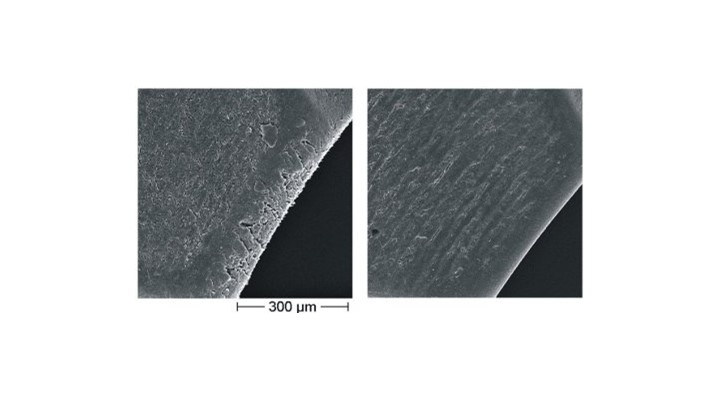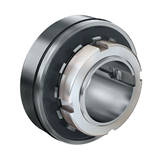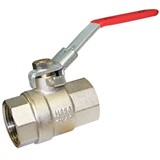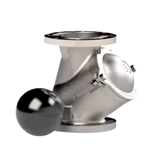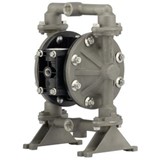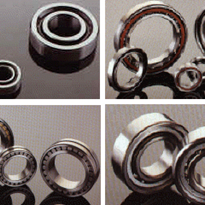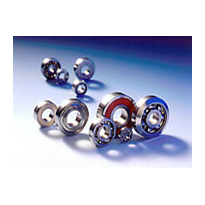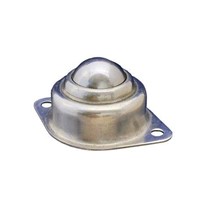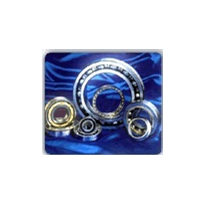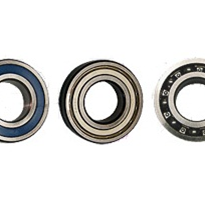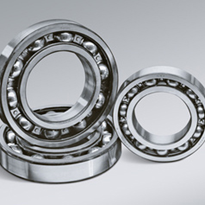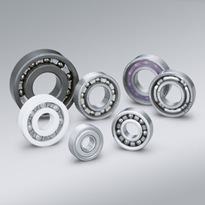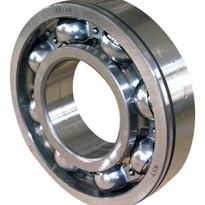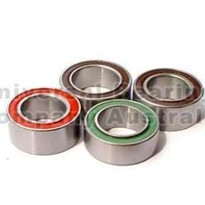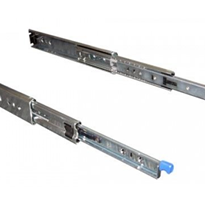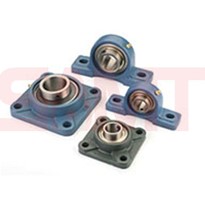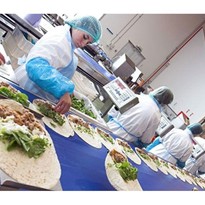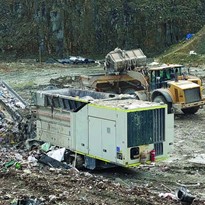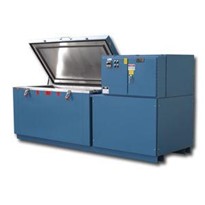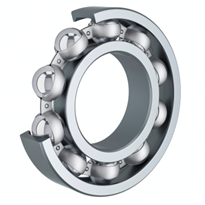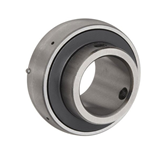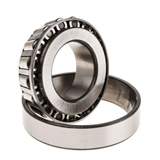The ball bearing retainer within the ball bearing is key in determining the service life, especially in pneumatically-powered dental instruments with speeds reaching up to 500,000 min-1. The Rimpar-based company GRW Gebr. Reinfurt has now revolutionised miniature ball bearing retainers and increased their service life by a factor of five by using an innovative material. These innovative products, with their extended service life, allow manufacturers of dental instruments to set themselves apart from the competition over the long-term and thus increase their
market share.
The Problem
The extreme load placed on the ball bearing retainer is attributed to the loads during operation, as well as the hygienic treatments prescribed in dental technology. The retainer is also subjected to the highest of loads caused by insufficient lubrication, which occurs after only a short time. After all, the exhaust air of the turbine not only flows through the exhaust duct, but also through both bearing positions, which, in turn, discharges the lubricant out of the inner bearing relatively quickly.
GRW, Europe's largest manufacturer of high-precision miniature ball bearings, constantly works on optimising its products. The company uses innovative materials, such as cutting-edge retainer material, to manufacture their turbine ball bearings, thus giving them extraordinary properties – especially in extreme applications.
Innovative combination of materials
The innovative feat lies in bonding electron beam-irradiated polytetrafluoroethylene (PTFE) through reactive extrusion with the high performance polymer, polyamide-imide (PAI). A constant low-level frictional curve is achieved through the homogenous and dense distribution of the PTFE in the base polymer. Unlike the physically mixed material systems, this improves the elastic behavior of the material by the resulting chemical bonding groups, thereby drastically reducing the abrasive wear.
PAI-PTFE-cg tests show: service life extendedfive-fold The GRW development team conducted tests and verified the improved properties of the new ball bearing retainer made of PAI-PTFE-cg. To do this, the forces that a dentist applies using a drill were simulated using a stress cylinder on an automated GRW turbine test stand. The result: ball bearing retainers made of PAI-PTFE-cg have a five-fold longer service life than standard retainers.
The high-performance plastic polyamide-imide (PAI) has established itself as the standard retainer material in ball bearings for dental instruments for many years. The frictionmodified PAI type "Torlon 4301" with the physically mixed lubricant additives graphite (12%) and PTFE (3%) is largely used in applications.
Comparative service life tests using lubricated turbine ball bearings, which only vary in the retainer material, exhibit serious differences in service life. Under the same load, ball bearing retainers made of PAI-PTFE-cg have a service life that is five times higher than that of retainers made of Torlon 4301. The clear advantage of the PAI with chemically coupled PTFE can be most notably seen under running conditions: while test turbines equipped with standard bearings already failed several minutes after reaching idling speed, the test bearings with the new retainer material achieved a service life of 10 to 15 hours under dry running conditions.
Higher availability of dental handpieces thanks to GRW ball bearings
Equipment manufacturers who integrate the ball bearings with the new retainer material into their products can guarantee their customers a higher availability of their dental handpieces – a true distinguishing feature over the competition. After all, even when the device is misused, for example, if dentists do not perform sufficient oil maintenance, the device is protected by the ball bearing's improved dry-running properties.
Sterilisation without damaging the retainer surface
To meet the dental technology requirements in terms of effective infection protection, new materials are frequently subjected to diverse tests after sterilisation procedures in steam pressure autoclaves. GRW also documented positive results for the new PAI-PTFE material here. Thanks to its homogenous structure and the dense distribution of the PTFE bonding groups, it offers significantly improved resistance against the effects of hot steam. REM images of retainer surfaces after 1000 cycles of hot steam sterilisation illustrate the difference between the conventional and the new material (figure 4): for example, some heavily fissured areas can be seen on the standard retainer's transition between its plane surface and bore (figure 4 - left). The test retainer made of PAI-PTFE-cg, however, emerged from the steam pressure sterilisation without any surface damage (figure 4 - right).
GRW exclusive international license
GRW has laid the foundation for developing dental instruments with extremely high availability with the innovative material for ball bearing retainers made of PAI PTFE-cg. The technology can also be employed in other high-performance applications. In the end, manufacturers in other areas of application can also benefit from the advantages provided, in particular, in terms of the extended service life when used under the most difficult environmental conditions.
GRW has the exclusive license for using the PAI PTFE-cg material as a retainer material in miniature ball bearings and sliding bearings. The company can thus provide its innovative technology exclusively to its customers in Europe, USA, Japan, and South Korea.


